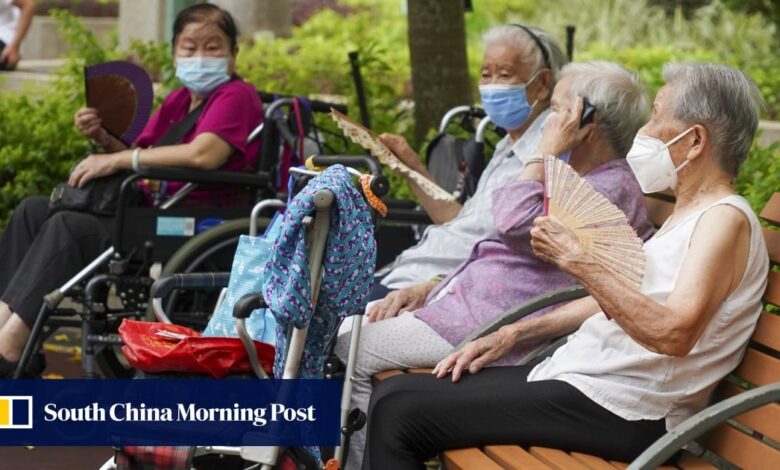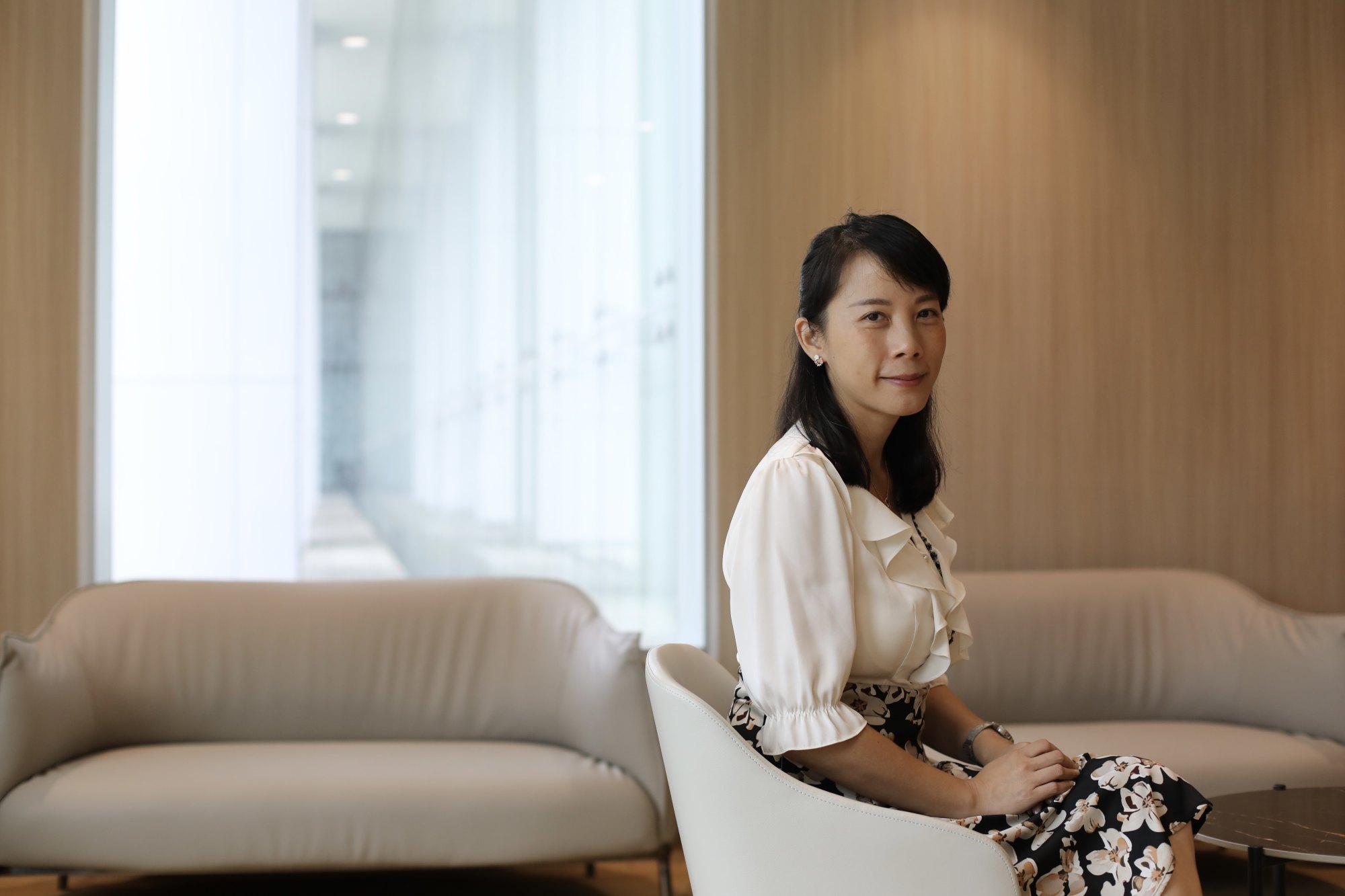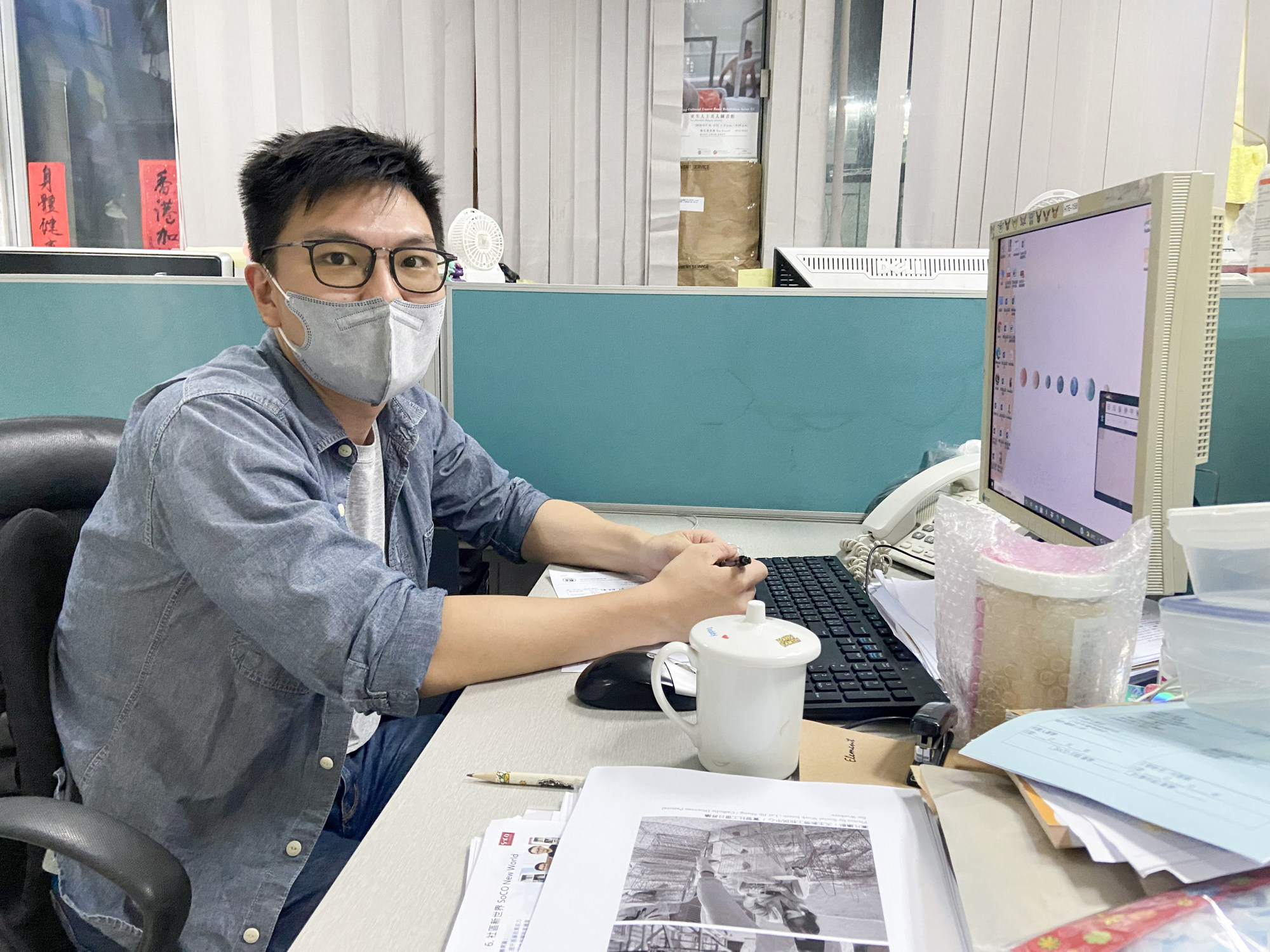Lukewarm response from Hong Kong healthcare specialists to expanded voucher scheme for elderly

[ad_1]
A recent Hong Kong government move to let elderly residents use their HK$2,000 (US$255) healthcare vouchers on specialists who can help with hearing, speech, diet and psychological issues has received a lukewarm response.
Fewer than 100 audiologists, clinical psychologists, dietitians and speech therapists have enrolled in the scheme since it was expanded on April 28, and many of the city’s elderly appear unaware of the wider range of services.
The Post learned that the apparent lack of interest among the four professional groups could be attributed to both a perceived low demand for their services among the elderly and the absence of a statutory registration system for these healthcare specialists.

The healthcare voucher scheme, introduced in 2009, provides everyone aged 65 or older with HK$2,000 to pay for primary healthcare services in the private sector. The list of services covered has grown to 14 with the addition of the latest four groups.
As of August 30, only nine clinical psychologists had joined the scheme, along with 25 dietitians, 33 speech therapists and 31 audiologists.
Clinical psychologist Yawen Chan enrolled in the scheme but was not surprised by the response from her professional colleagues.
“Elderly people in general have a lower understanding of clinical psychology, compared with the younger generation, so we do not expect many to seek this service,” she said.
“Also, our consultation fee is relatively high, and one session could already cost HK$2,000, the total voucher amount for the whole year.”
She said she still signed up because the inclusion of clinical psychological services was a milestone for the profession.
Another issue was that those who enrolled in the healthcare voucher scheme must be members of their respective accredited professional bodies.
The four new professions are not subject to compulsory registration in the city, but each has an accredited body in which membership is voluntary.
There are currently 417 members of the Hong Kong Institute of Clinical Psychologists, including Chan.
Hong Kong to police healthcare voucher sharing scheme for elderly to prevent fraud
Hong Kong to police healthcare voucher sharing scheme for elderly to prevent fraud
“Opening the healthcare voucher scheme to clinical psychologists is a recognition of our professional qualification, and a chance to let the public know more about us, and give it a try if they want to,” she said.
In the second quarter of this year, only one voucher claim for HK$2,000 was made for clinical psychology across the city.
Sylvia Lam See-way, who chairs the professional council of the Hong Kong Academy of Accredited Dietitians, meanwhile, said pushing for statutory registration was key to bringing more dietitians into the healthcare voucher scheme.
As of late July, the academy had only 117 members, or only about a third of dietitians in the city, and most worked in public healthcare institutions or NGOs.
Lam said some dietitians were reluctant to join the academy because it meant being subject to rules, including having to pursue continuing education, and facing the risk of disciplinary action if there were complaints.
“Without a statutory registration system, most dietitians in Hong Kong would not register with the academy, and hence are not eligible to join the healthcare voucher scheme,” she said.
“If registration was made compulsory, more dietitians would qualify for the voucher scheme, and the interest of patients would be better protected.”

Lam also felt Hong Kong needed more public education to let elderly people know where and when to look for the services of a dietitian.
From April to June this year, 10 voucher claim transactions were made for dietitian services, totalling HK$9,000.
Ivan Lin Wai-kiu, a community organiser at the Society for Community Organisation, said the poor response to the voucher scheme showed that primary health awareness remained low among the elderly.
“They do have needs, but they don’t know such services are available, or where to find them,” he said.
Lin suggested that health authorities adopt a case management model, under which community nurses at district health centres could advise elderly patients to use their vouchers to consult the relevant health professionals.
Hong Kong couples to be allowed to share elderly healthcare vouchers from July
Hong Kong couples to be allowed to share elderly healthcare vouchers from July
The authorities should also increase primary healthcare education to tell the elderly when and where to seek help.
“Once demand for such services is unleashed, the supply will go up accordingly … and the prices for the expensive therapies might be adjusted in the long run,” he said.
Medical sector lawmaker David Lam said the vouchers could be better utilised with more tailor-made elements.
“The vouchers can be used for so many services, but the elderly do not know what’s best for their health,” he said.
“The voucher should act as a tool to guide them in taking care of themselves, for example, could diabetes patients be given a dietitian voucher every year, and coupons for all the essential check-ups as well?”
Having a statutory registration system for all the healthcare professionals in the scheme would also help patients identify the right ones to see, he added.
[ad_2]
Source link





